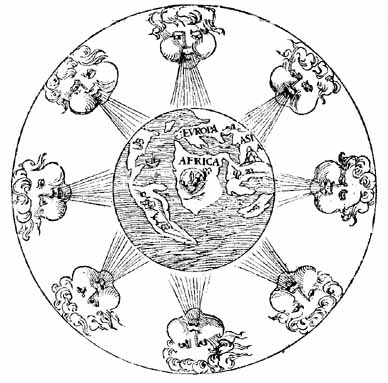CFP: "Chemistry in the wake of revolutions: Gay Lussac and the post-Lavoisier period" - 29-30 September 2011, Ecole Polytechnique, Palaiseau (France) - Deadline: April 15, 2011
Please note the extended deadline till April 15th, 2011 for submitting a proposal to participate in the international conference on the history of chemistry, held at the Ecole Polytechnique in Palaiseau near Paris, France on the 29th and 30th September, 2011. We welcome contributions in English and French relevant to the « post-Lavoisier » era.
All information can be found on the websites:
(in English)
(in French)
At this international conference we will revisit the work of Gay Lussac and his contemporary chemists by situating them in the post-revolutionary context. This was a period of profound transformations, as much for the sites where the sciences were practiced and their diffusion, as for their concepts, the more applied nature of chemistry and the status of the chemist. Chemistry of that time will not only be evaluated for itself but also with respect to the chemical revolution.
The conference will more generally concern European chemistry during the years 1790 to 1830. We will investigate chemical theories and practices of this crucial period, which begins immediately after the chemical revolution and runs all the way through to the discovery of chemical substitution resulting in the emergence of organic chemistry. It was a period during which chemistry took place in a totally renewed setting: changes in politics and also in educational institutions, changes in research practices and in the boundaries between the natural sciences; a setting characterized by a certain exacerbation of national antagonisms, the professionalization of chemistry, and the rapid development of the chemical industry.
This conference, which is centred around the figure of Gay Lussac who combined within himself all the different facets of chemical activity of the period, aims to:
study the place of chemistry within the Société d'Arcueil,
discuss the contributions of scientific actors from the first decades of the nineteenth century to the formation of chemistry as a modern discipline, with its sites for teaching (in particular the École Polytechnique), research, communication and diffusion,
investigate chemical practice in laboratories, exchanges among European chemists, and the applications of chemistry.
The École Polytechnique, whose Centre for Historical Resources holds an important collection of Gay Lussac's archives, will mount an exhibition related to Gay Lussac's laboratory in conjunction with the conference. In addition, the École Polytechnique will open its chemistry laboratories to the public and put on guided tours.
Deadline for submission of proposals: April 15, 2011
Any proposal concerning the different aspects of chemistry in the wake of the revolutions, or more particularly in the times of Gay Lussac will be welcome.
Communications will last 40 to 45 minutes. A short version of the papers selected will be required to be submitted before the conference. A selection of the papers will be published in an edited volume.
Proposals shall be sent to:
Andrea Breard: mail adress
and Rémi Franckowiak: mail adress

